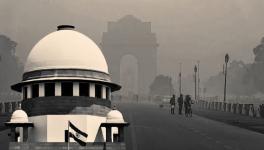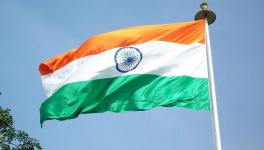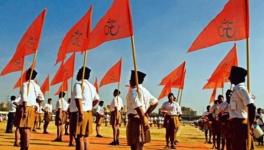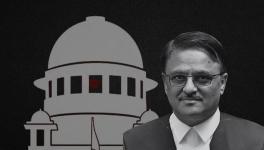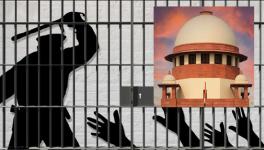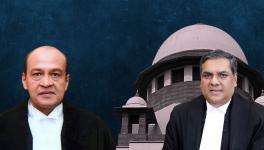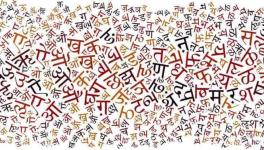Those on Death Row are Most Vulnerable and Marginalised
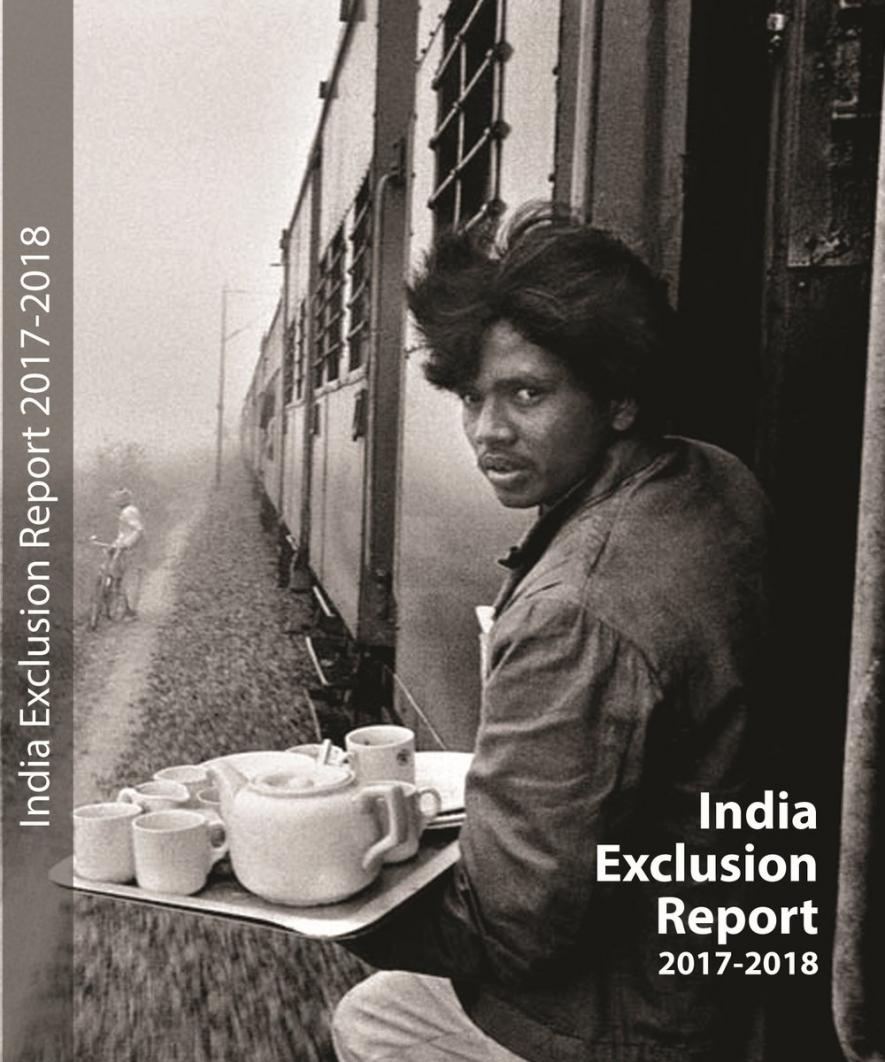
Convicts on death row in India belong to groups marginalised along the axes of caste, religion, economic vulnerability and educational deprivation, and their fair trial rights, though a part of the Right to Life guaranteed by the Constitution, are invariably non-existent, a survey of 371 out of the 385 persons living under the death sentence and their families has revealed.
The right to fair trial – one of the most basic and statutory of constitutional guarantees, and the right against custodial torture and self-incrimination are routinely violated in death penalty cases, and the exclusion from the public good of fair trial rights takes place across different stages of the legal process in capital cases, and a complex set of institutional factors contribute to such exclusion.
These are the findings of the India Exclusion Report 2017-18 which was recently released by the Centre for Equity Studies, a research and advocacy organisation based in Delhi.
Rampant Torture
Over 80 per cent of the convicts admitted to having suffered custodial torture. Out of 22 who were convicted and sentenced to death for terror offences, 16 revealed they had been tortured under custody. Out of the 92 who said they had confessed in police custody (and these confessions were used to convict them despite the statutory prohibition under the Evidence Act), 72, i.e., 78.3 per cent admitted to making confessions due to torture.
The torture methods mirrored the torture in the notorious Guantanamo Bay - forcible anal penetration, waterboarding, sleep deprivation, tying one to a table while a venomous snake was left inside the room, electric shocks to private parts, severe beating, and the like.
False Pretexts, Abysmal Legal Representation
Many prisoners alleged malicious prosecution and false implication, Akira Begum (location not disclosed to protect privacy) said, "I left my sleeping son at home because the police called me to sign certain documents. I never got to go home after that.” Vatsal Singh narrated how he was called for questioning on an alleged bank robbery charge, and subsequently charged with murdering six members of a family.
Atmaram, a death row convict from Maharashtra, narrated his woeful plight. After he was arrested on a murder charge, his pregnant wife and his children were picked up (without any legally valid reason) and locked up in a police station for four days and weren't allowed to communicate with anyone. The experience turned out to be so traumatic that his wife underwent an abortion immediately after being released.
In other cases, prison officials and personnel demand sexual favours from the wives of those condemned to death, in order to grant them their right to a weekly mulaqat (visit).
Of the 191 prisoners who shared information regarding access to a lawyer at the time of interrogation, 185 (97 per cent) said they were not allowed to consult a lawyer. Of these 185, 82.6 per cent who spoke about their experience in custody said they had been subjected to torture.
As for the quality of legal representation, 132 (36.6 per cent) were represented by legal aid lawyers at the trial court, while 227 (70.6 per cent) had access to a private lawyer. At the Supreme Court stage, this dropped to 71.4 per cent and 29.9 per cent respectively, thus showing how tough it is to access quality legal representation. In the study, even though there were some positive opinions on lawyers, they were far outnumbered by narratives of the lawyers’ lack of interaction with prisoners and their families, repeated demands for exorbitant sums of money and dereliction of duties by defence lawyers.
Also Read | Dalit Anger Boils Over Across India
Exclusion of Marginalised Groups
Uttar Pradesh has the highest number of people on death row - 79 followed by Bihar (53), Karnataka (45), and Delhi (30).
279 prisoners (76 per cent) sentenced to death hail from backward classes and religious minorities. While the proportion of Scheduled Castes/ Scheduled Tribes amongst all sentenced to death was 24.5 per cent, it was significantly higher in Maharashtra (50 per cent), Karnataka (36.4 per cent), Madhya Pradesh (36 per cent), Bihar (31.4 per cent) and Jharkhand (30.8 per cent) amongst states with 10 or more prisoners on death row.
Religious minorities comprised a disproportionate share of prisoners sentenced to death in Gujarat (79 per cent), Kerala (60 per cent) and Karnataka (31.8 per cent).
On disaggregating the data on economic vulnerability for each social profile category, it was observed that 85.4 per cent of prisoners who were SC/STs were also economically vulnerable. This was in contrast to 64.4 per cent for those belonging to the general category.
Ending the Collective Silence
The report, as it explicitly clarified, doesn't intend to demand the abolition of capital punishment, but with the aid of data- 373 death row prisoners in 62 prisons of 29 Indian states, tried to address the excruciating agony of the sheer uncertainty which "condemned convicts" are forced to face day in day out.
Accompanied with this is the fact that 41 non-homicide offences in all the central legislations carry the death penalty as the maximum punishment, while there are only 13 homicide-related offences that do so.
Also Read | A Resounding Dissent Against the Death Penalty
This is in stark contrast to the United States, where its apex court ruled that "awarding" death penalty in non-homicide cases (such as rape) is illegal and unconstitutional.
But India's lawmakers, especially after the December 2012 Delhi gangrape case, have demonstrated a predilection of baying for the blood of those who they feel shake "the collective conscience of society".
The researchers recount how difficult it was to gather data and how they had to go take the RTI (Right to Information) Act route, approaching the National Legal Services Authority, and the prison authorities to even get to know the total number of people on death row.
Maharashtra straightaway refused interview access to death row convicts with the argument that all were terror-offence convicts and voicing their opinions could jeopardise national security.
This gut-wrenching report, which seeks to narrate and portray the plight of death row convicts "in the hope that this will end our collective silence" should nudge the establishment and the judiciary. But hopes remain dim.
Tags: Capital Punishment, Supreme Court, India Exclusion Report, Indian Constitution, Right to Fair Trial, Death Row Convicts, SC/ST Discrimination, Minority Discrimination, Marginalised Communities
Get the latest reports & analysis with people's perspective on Protests, movements & deep analytical videos, discussions of the current affairs in your Telegram app. Subscribe to NewsClick's Telegram channel & get Real-Time updates on stories, as they get published on our website.










